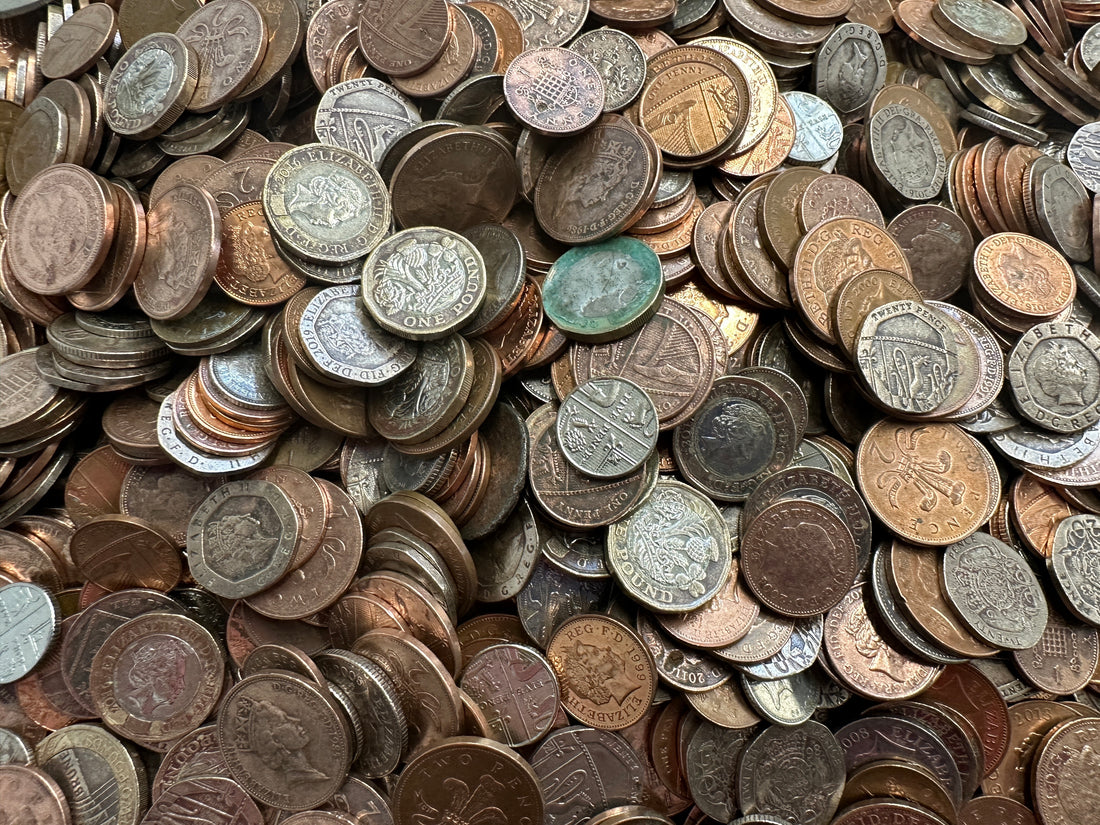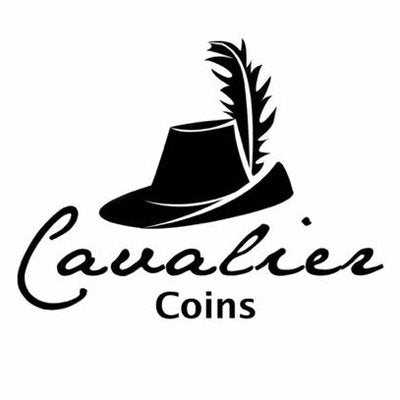Collecting coins can be a fascinating and rewarding hobby. Whether you are a serious numismatist or just someone who has stumbled upon a handful of old, dirty, and rusty coins, cleaning and restoring them can be a gratifying endeavor. However, it's essential to proceed with caution, as improper cleaning techniques can damage the coins and diminish their value. In this article, we will guide you through the steps to safely clean dirty and rusty coins.
1. Identify the Value
Before you embark on the cleaning process, it's crucial to assess the potential value of your coins. Some old and worn coins might be valuable in their current condition, while others may have little to no collectible value. Consult coin experts, collectors, or reference books to determine the significance of your coins before deciding to clean them. Valuable coins are often better left uncleaned.
2. Gather Your Supplies
To clean dirty and rusty coins effectively, gather the following supplies:
a. Mild dish soap
b. Distilled water
c. Soft-bristle toothbrush
d. Cotton swabs
e. Wooden toothpicks
f. Non-abrasive eraser
g. Plastic coin holders or flips
h. Coin-cleaning gloves (optional)
3. Preliminary Cleaning
Start by gently rinsing the dirty coins with distilled water to remove any loose dirt or debris. Avoid using tap water, as it may contain minerals that can harm the coins. Lay the coins on a soft, lint-free cloth to air dry.
4. Soaking Method
For coins with significant dirt or grime, consider a gentle soaking method:
a. Fill a bowl with distilled water and add a few drops of mild dish soap.
b. Place the coins in the soapy water and let them soak for a few hours.
c. Gently agitate the water from time to time.
d. After soaking, use a soft-bristle toothbrush to gently scrub the coins, removing any remaining dirt.
e. Rinse the coins thoroughly with distilled water and pat them dry with a soft cloth.
5. Removing Rust
If your coins have rust spots, here's a method to tackle them:
a. Moisten a cotton swab with distilled water and carefully rub it over the rusted areas.
b. Use a wooden toothpick to gently scrape off any loose rust particles. Be extremely gentle to avoid scratching the coin's surface.
c. If rust remains, you can try using a non-abrasive eraser. Rub the eraser lightly on the rusted spots until the rust is removed.
d. Rinse the coin with distilled water and pat it dry.
6. Preservation
Once your coins are clean, it's essential to protect them from future damage. Store them in plastic coin holders or flips to prevent exposure to air and moisture. Avoid touching the cleaned coins with your bare hands, as the oils and acids from your skin can tarnish them.
7. Seek Professional Advice
If you have rare or valuable coins that require extensive cleaning or restoration, it's best to seek the advice of a professional coin conservator or numismatist. Attempting to clean such coins on your own can lead to irreversible damage and a significant loss in value.
Conclusion
Cleaning dirty and rusty coins can be a rewarding endeavor if done correctly. However, always exercise caution and research the value of your coins before attempting to clean them. It's essential to use gentle cleaning methods, suitable supplies, and follow preservation techniques to ensure that your coins maintain their value and historical integrity. When in doubt, consult with experts in the field to ensure the best outcome for your coin collection.

